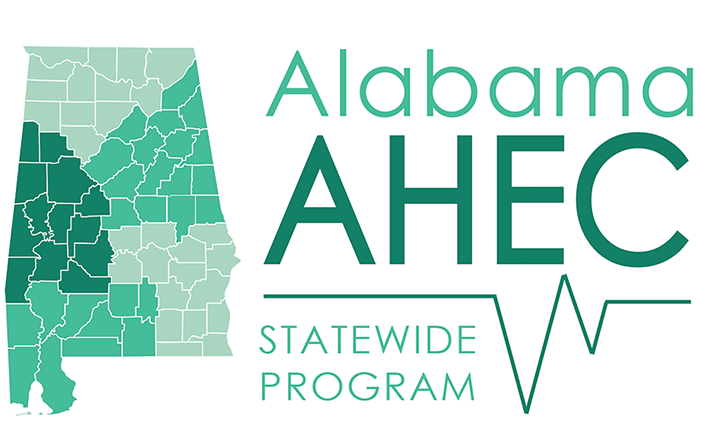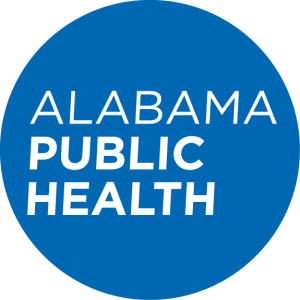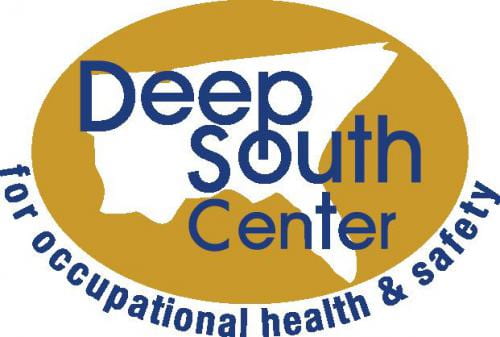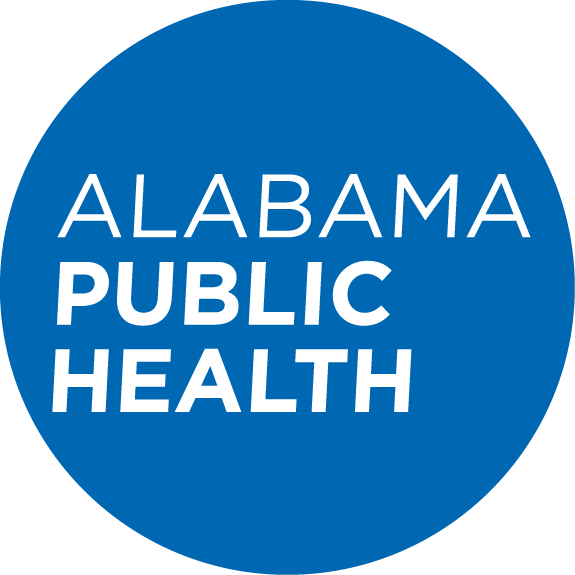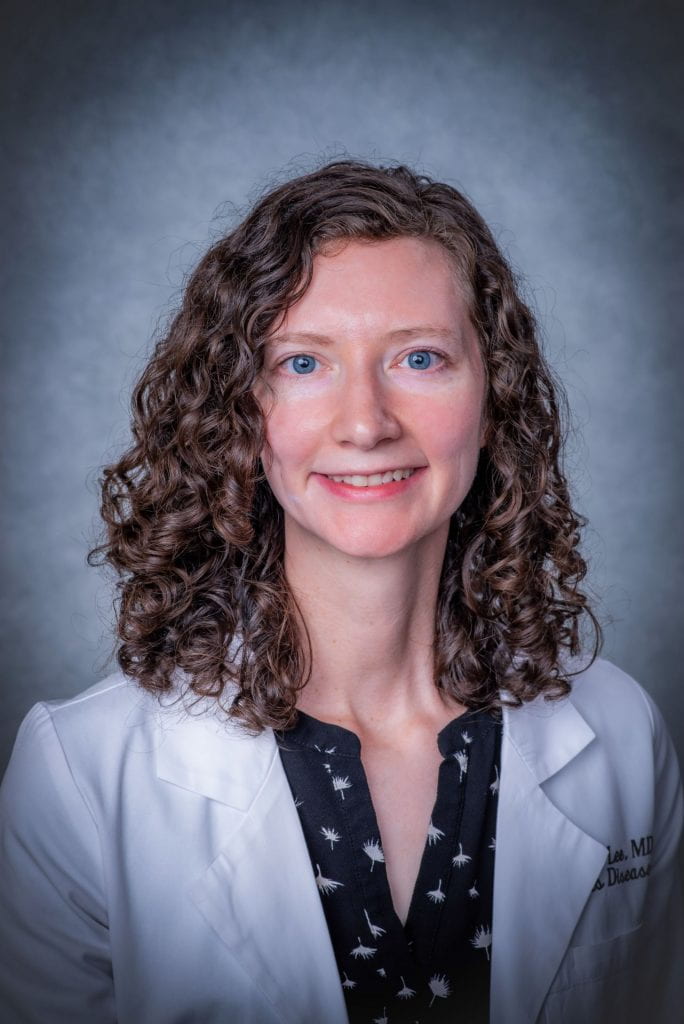This webinar is designed to help the infection preventionist take their cleaning and disinfection program to the next level. Efficient and effective evaluation of cleaning and disinfection of patient/resident rooms and use of supplemental disinfection strategies can mitigate the potential impact of the healthcare environment on the spreading of infectious pathogens, including MDROs. Webinar participants will learn about the pros and cons of different methods for evaluation of cleaning and disinfection practices, impact of how disinfectants are applied to surfaces, and the pros and cons of supplemental strategies for enhancing disinfection. This webinar is presented by the Alabama Regional Center for Infection Prevention and Control and cosponsored by the Deep South Center for Occupational Health and Safety, and the Alabama Statewide Area Health Education Centers (AHEC).
The Deep South Center for OH&S is an approved provider of continuing education units for nurses by the AL Board of Nursing (Provider ABNP0420 Expiration Date 12/22/2025) and has awarded this program 1.2 ABN CEUs. All other professionals awarded .1 CEUs, SW awarded 1.0 CEUs.







